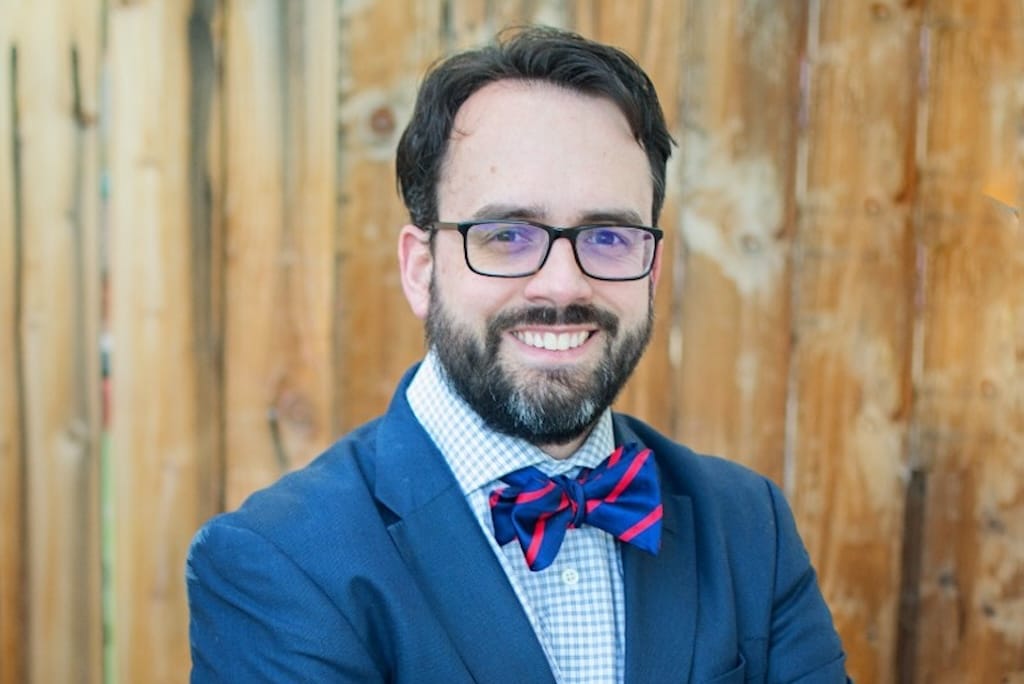Kansas and West Virginia Receive BEAD Volume 2 Approval
The states will have one year to award subgrants with their allocations.

WASHINGTON, April 29, 2024 – Kansas and West Virginia had Volume 2 of their Broadband Equity, Access and Deployment proposals approved last week, bringing the total to four states.
Louisiana was the only state with its Volume 2 approved for months, although Nevada recently joined that select group of states.

With both volumes given the go ahead from the National Telecommunications and Information Administration, the states can begin requesting their allocations from the $42.5-billion program and will have one year to award subgrants for expanding broadband infrastructure.
Volume two of BEAD proposals details how states will administer grant programs with their funding. Volume one outlines how states will accept challenges to broadband coverage data to get a more accurate sense of which individual homes and businesses lack connectivity.
Kansas is set to begin registering prospective BEAD applicants on May 13 and is tentatively planning to open its first round of project applications July 8. West Virginia’s preregistration window is currently open and will close May 17. The state is planning to accept project proposals “later in 2024.”
“For communities across Kansas, this announcement provides a timeline for solutions in areas that have long languished in the digital divide,” Jade Piros de Carvalho, director of the state’s broadband office, said in a statement. “We recognize that reliable broadband is the foundation of modern life, and we are eager to put these dollars to work.”
States have to wrap up their challenge processes before doing so. West Virginia stopped accepting broadband data challenges, which under BEAD rules can come from nonprofits, local governments, and broadband providers, on March 10. Providers whose coverage was contested had time to submit countervailing evidence, and the broadband office is set to make final determinations on whether locations will be considered served by May 14. The state received challenges to more than 81,000 locations, according to data on the West Virginia Broadband Enhancement Council's site, largely from ISPs
Kansas is done adjudicating challenges and doing final data cleaning. Its volume two says the process ultimately reduced the number of BEAD-eligible locations by more than one-third. So far 26 states have started accepting challenges, with 17 in varying stages of accepting rebuttals and adjudicating evidence. The state did not publicly post the challenges it received.
West Virginia – allocated $1.2 billion
West Virginia is planning on having some of its BEAD money left over after funding projects to connect its nearly 187,000 eligible homes and businesses, but “is not yet able to determine that this is definitively the case,” the state’s volume two reads.
If that ends up being the case, the state will fund workforce development efforts or its Digital Equity Act programs.
The document says West Virginia received nine comments related to its middle class and low-cost affordability requirements. Providers participating in BEAD are required to set up a low-cost plan for low-income households served by their new infrastructure, but states have some freedom in defining the terms of what exactly that will require.
The state did not increase its low-cost price point of $50 per month, but added a provision allowing providers to increase their prices to keep up with year-over-year inflation.
Virginia’s broadband office and Republican lawmakers have clashed with the NTIA over its low-cost requirements. The agency has a preference for states setting out a specific price point or sharing a pricing formula, which critics argue runs afoul of the IIJA’s prohibition on rate regulation by the NTIA. The agency’s lead official has disputed this in congressional testimony.
For its part, Louisiana set its low-cost option at $30 per month, but will let providers increase that to $65 if necessary for the financial viability of the project.
Kansas – allocated $452 million
Kansas also expects it is “fully funded” to get broadband to its unserved and underserved locations, and is also planning to use any excess money for workforce development. The state is planning to use 1.5 percent of its allocation on a workforce development initiative before awarding any grants.
“In Kansas, an available, diverse, and highly skilled workforce is a critical barrier to universal service. The current workforce is not sufficient for the timely deployment of networks that could provide qualified broadband service to all… locations,” the state broadband office wrote.
Kansas also received comments on its low-cost provision. In a change from the public draft circulated last year, the state will mandate participating providers keep their low-income plan at $30 per month for two years rather than five, with inflation adjustments allowed for the next three years.
“While AT&T Kansas does not oppose the adoption of the $30 low-cost option,” the company wrote in comments to the Kansas Office of Broadband Development, “AT&T Kansas does object to the attempt by [the broadband office] to require service outage credits and a 5-year price freeze, as these proposals constitute impermissible rate regulation.”









